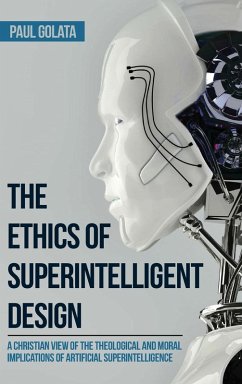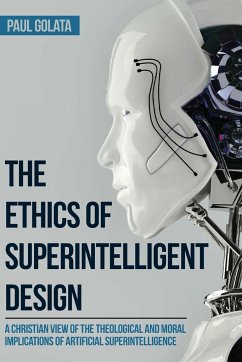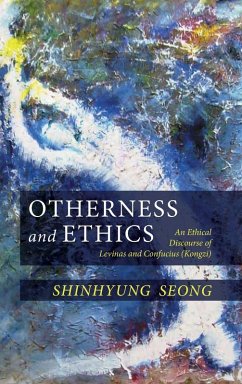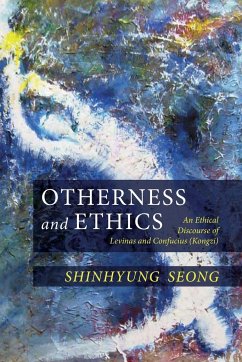Artificial intelligence (AI) permeates Google searches, the personal assistants in our smartphones, and is all over our newsfeeds. Watson's machine learning has already started to revolutionize many important industries including oncology, law, finance, and entertainment. The idea that man is about to increase his immediate surroundings with exponential gains in the level of intelligence over the coming generations is based upon a technological revolution and the potential for artificial superintelligence (ASI). It is within this context that there is a prevailing need for a discussion of its ethical implications. As a Christian ethicist, Paul Golata believes that the need for this conversation to be informed by Christian principles is imperative. ASI is a move toward the proper handling of information. However, how a society interprets and applies this information is actually more pertinent than the raw amount of information it possesses. This important ethical conversation is being led by humanistic thinkers who assume that all of reality is just matter in motion and that mind is nothing more than electrochemical activity in the "wetware" of human brains. The Ethics of Superintelligent Design critically examines and challenges some of the most important trajectories of ASI while upholding the authority and inerrancy of the Bible, the supernatural creation account, a realistic view of the state of humanity, and biblical ethics.
Hinweis: Dieser Artikel kann nur an eine deutsche Lieferadresse ausgeliefert werden.
Hinweis: Dieser Artikel kann nur an eine deutsche Lieferadresse ausgeliefert werden.








